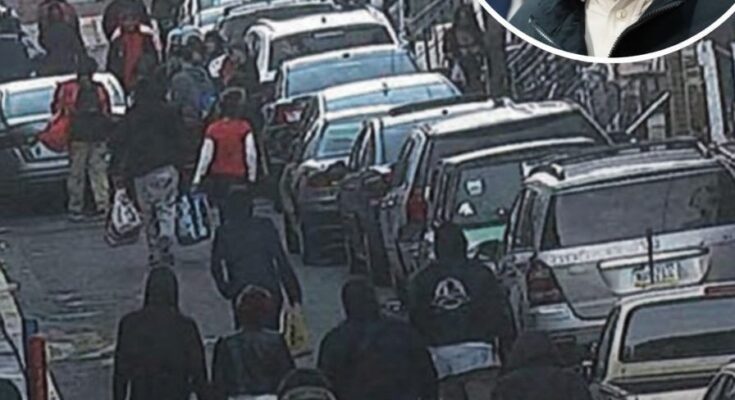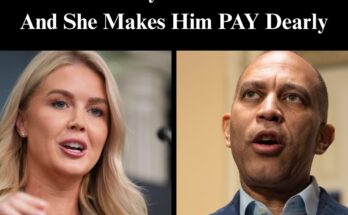FBI Director Kash Patel Unveils Historic Indictment of 33 Members of the Weymouth Street Drug Network — Ending a Decade of Open-Air Dealing in Philadelphia
Federal authorities announced a major victory in Philadelphia’s war on narcotics, unveiling the indictment of 33 individuals accused of running one of the city’s most entrenched drug empires. The Weymouth Street Drug Trafficking Organization, prosecutors say, had fueled Kensington’s notorious open-air market for nearly a decade, operating openly amid residents’ frustration and fear. The Justice Department called the sweeping action “historic,” noting that the case represents one of the largest federal takedowns in the Eastern District of Pennsylvania in recent memory.
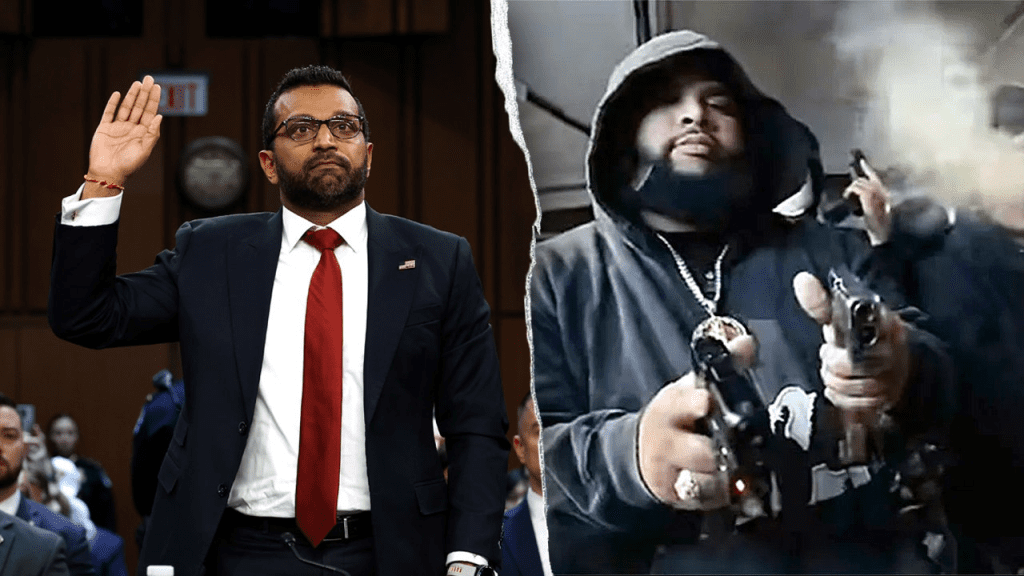
According to officials, the group distributed heroin, fentanyl, crack cocaine, and other deadly narcotics on and around the 3100 block of Weymouth Street, a neighborhood long considered ground zero for the city’s drug crisis. Federal investigators said the organization relied on violence, territory control, and structured shifts to keep its operation running nearly around the clock. Twenty-four suspects were arrested in coordinated early-morning raids, while several others were already in custody on unrelated charges.
FBI Director Kash Patel praised the operation as a model of law enforcement coordination, declaring, “This is how you safeguard American cities.” Patel said that dismantling violent networks like the Weymouth Street ring is essential not only for public safety but also for restoring faith in federal and local cooperation. The FBI’s Philadelphia field office worked closely with the Drug Enforcement Administration, the Bureau of Alcohol, Tobacco, Firearms and Explosives, and the Philadelphia Police Department to conduct a months-long surveillance campaign that tracked the group’s supply lines, communication networks, and financial transactions.
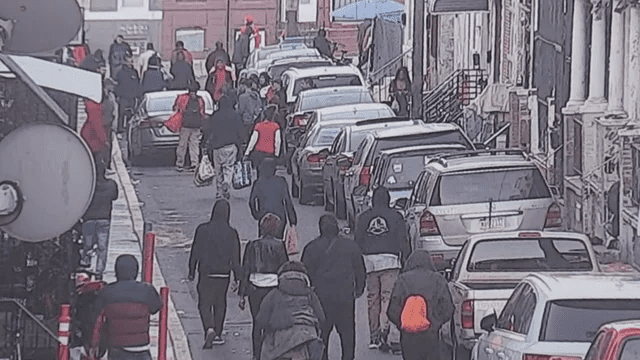
Assistant U.S. Attorney Jacqueline Romero said the indictment alleges that the group’s leaders — identified as Jose Antonio Morales Nieves and Ramon Roman-Montanez — used fear and intimidation to maintain control over dealers and protect their profits. The organization allegedly required smaller dealers to pay “street rent” for the right to sell drugs in the area, turning the block into what officials described as “a criminal enterprise disguised as a neighborhood.”
For local residents, the arrests marked the end of years of exhaustion and anxiety. Kensington, once a working-class neighborhood, has become infamous nationwide for its open drug markets and visible addiction crisis. City officials have faced mounting pressure to reclaim the area, where overdoses and street violence have become tragically common. Many residents welcomed the FBI’s action, calling it a long-overdue step toward stability.
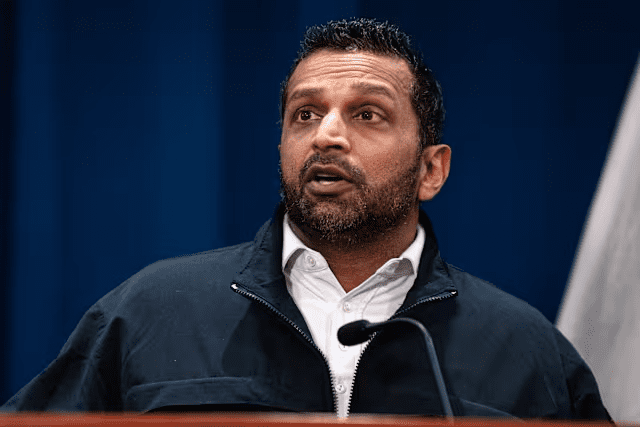
Law enforcement sources said more arrests could follow as the investigation continues. Prosecutors hinted that this takedown is part of a broader federal push to disrupt the flow of fentanyl into U.S. cities. The White House has made combating synthetic opioid trafficking a national priority, with growing concern over the role of transnational networks in feeding local street operations.
Kash Patel’s remarks echoed a familiar theme in his approach to federal enforcement: firm, coordinated, and unapologetic. “For too long,” he said, “families have watched their neighborhoods fall to criminal control. This is what it looks like when we take them back.”
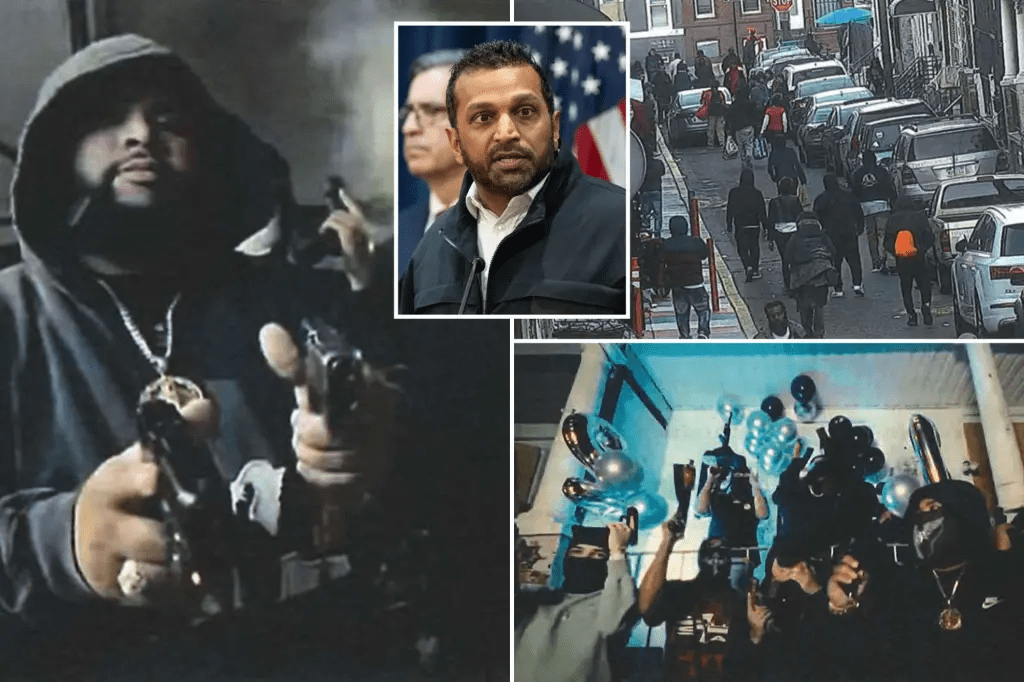
The defendants, all presumed innocent until proven guilty, face charges including conspiracy to distribute controlled substances, maintaining drug-involved premises, and possession of firearms in furtherance of drug trafficking. If convicted, several could face life in federal prison.
For Philadelphia, the indictment represents more than a legal milestone — it’s a test of whether federal action can finally reverse years of decay in one of America’s hardest-hit communities. As the city braces for the next phase of prosecution, one thing is clear: the message from the FBI and DOJ is that the days of open-air dealing on Weymouth Street are over.
